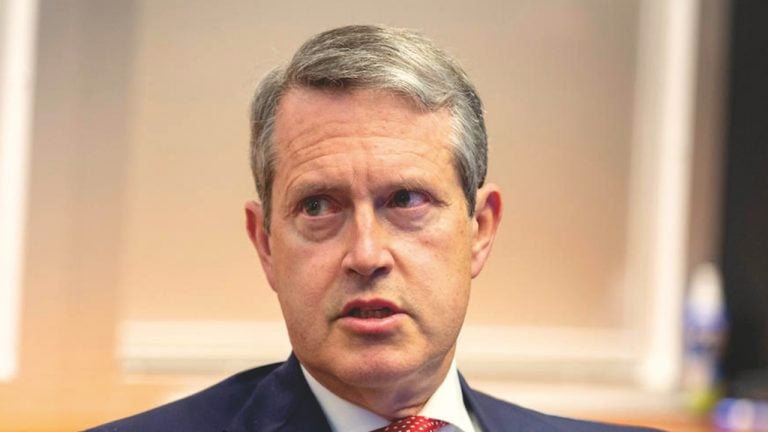KIP Protocol Denies Involvemen...
25 February 2025 | 2:45 am

The Federal Reserve’s vice chairman of supervision and the chair of the Financial Stability Board (FSB), Randal K. Quarles, doubts the benefits of the digital dollar but says it “could pose significant and concrete risks” to the U.S. banking system.
Federal Reserve Vice Chair of Supervision Randal Quarles talked about bitcoin and the Fed’s work on a central bank digital currency (CBDC), the digital dollar, in a speech at the Utah Bankers Association Monday. Quarles is also the chairman of the Financial Stability Board (FSB). He said:
The potential benefits of a Federal Reserve CBDC are unclear. Conversely, a Federal Reserve CBDC could pose significant and concrete risks.
He then outlined the risks. “First, a Federal Reserve CBDC could create considerable challenges for the structure of our banking system … An arrangement where the Federal Reserve replaces commercial banks as the dominant provider of money to the general public could constrict the availability of credit, fundamentally alter the economy, and expose the public to a host of unanticipated, and undesirable, consequences.”
Quarles further added that “a dominant CBDC could undermine the consumer and other economic benefits that accrue when commercial banks compete to attract customers” and “A Federal Reserve CBDC could also present an appealing target for cyberattacks and other security threats.”
Quarles doesn’t believe there is any real threat against the U.S. dollar. Talking about threats, he said, “Gold will always glitter, but novelty, by definition, fades.” Noting that he sees little threat from cryptocurrencies like bitcoin, the Federal Reserve’s vice chairman of supervision described:
Bitcoin and its ilk will, accordingly, almost certainly remain a risky and speculative investment rather than a revolutionary means of payment, and they are therefore highly unlikely to affect the role of the U.S. dollar or require a response with a CBDC.
In conclusion, Quarles said “the U.S. dollar payment system is very good, and it is getting better,” emphasizing that “the potential benefits of a Federal Reserve CBDC are unclear” and “developing a CBDC could, I believe, pose considerable risks.”
What do you think about the comments by Quarles? Let us know in the comments section below.